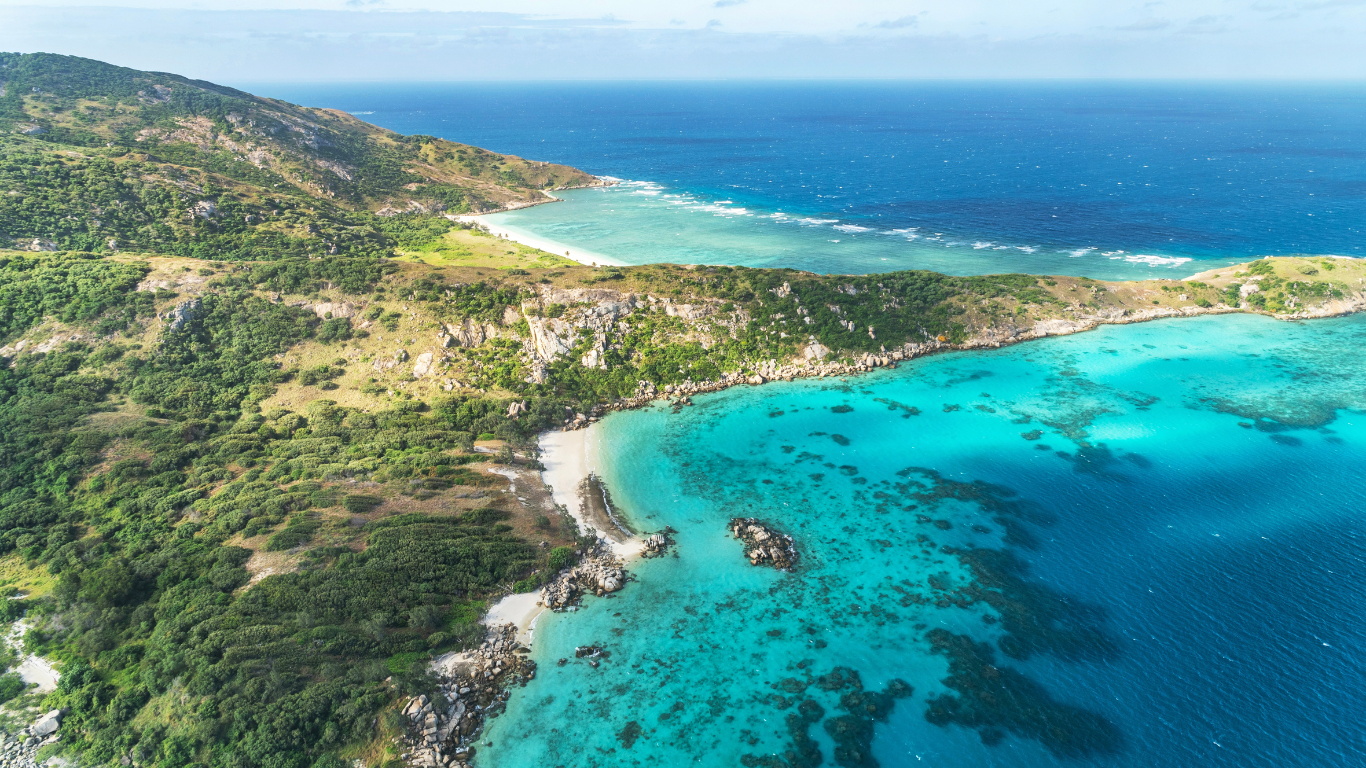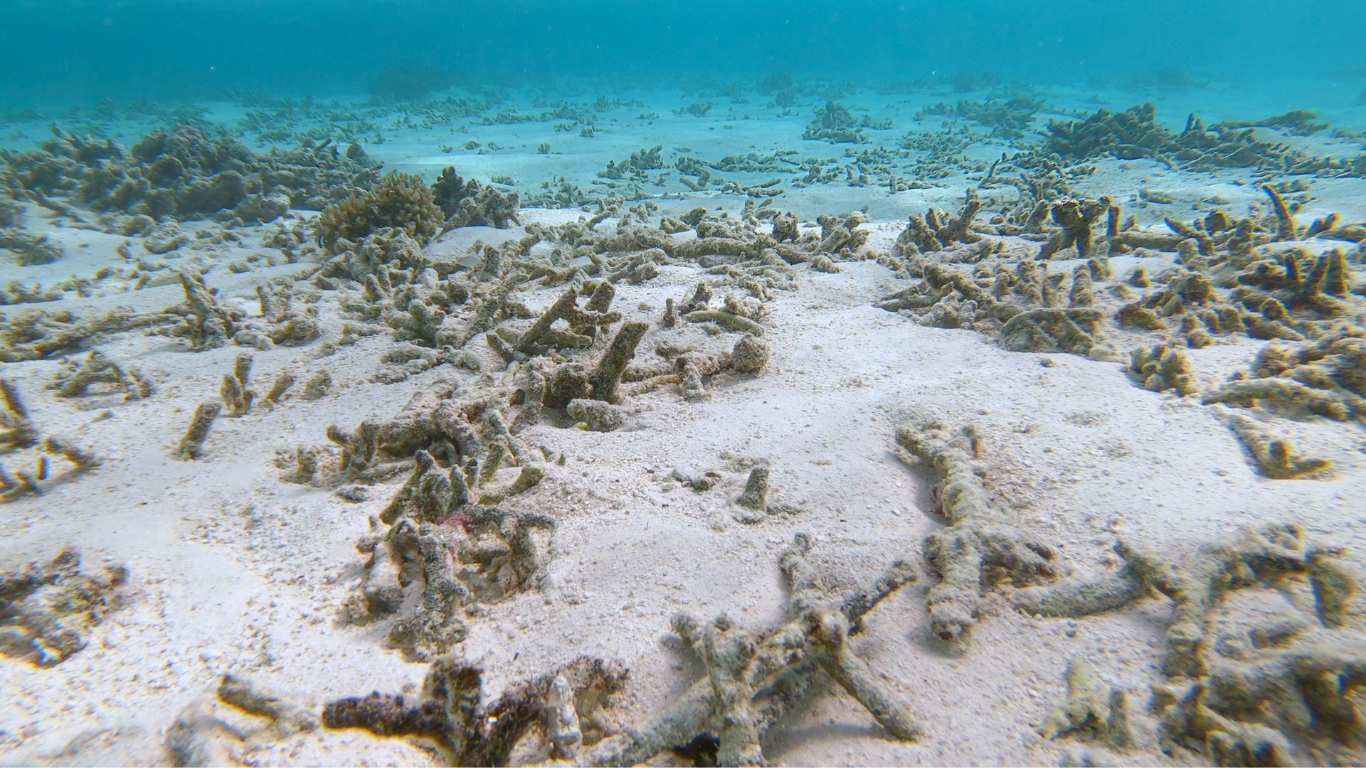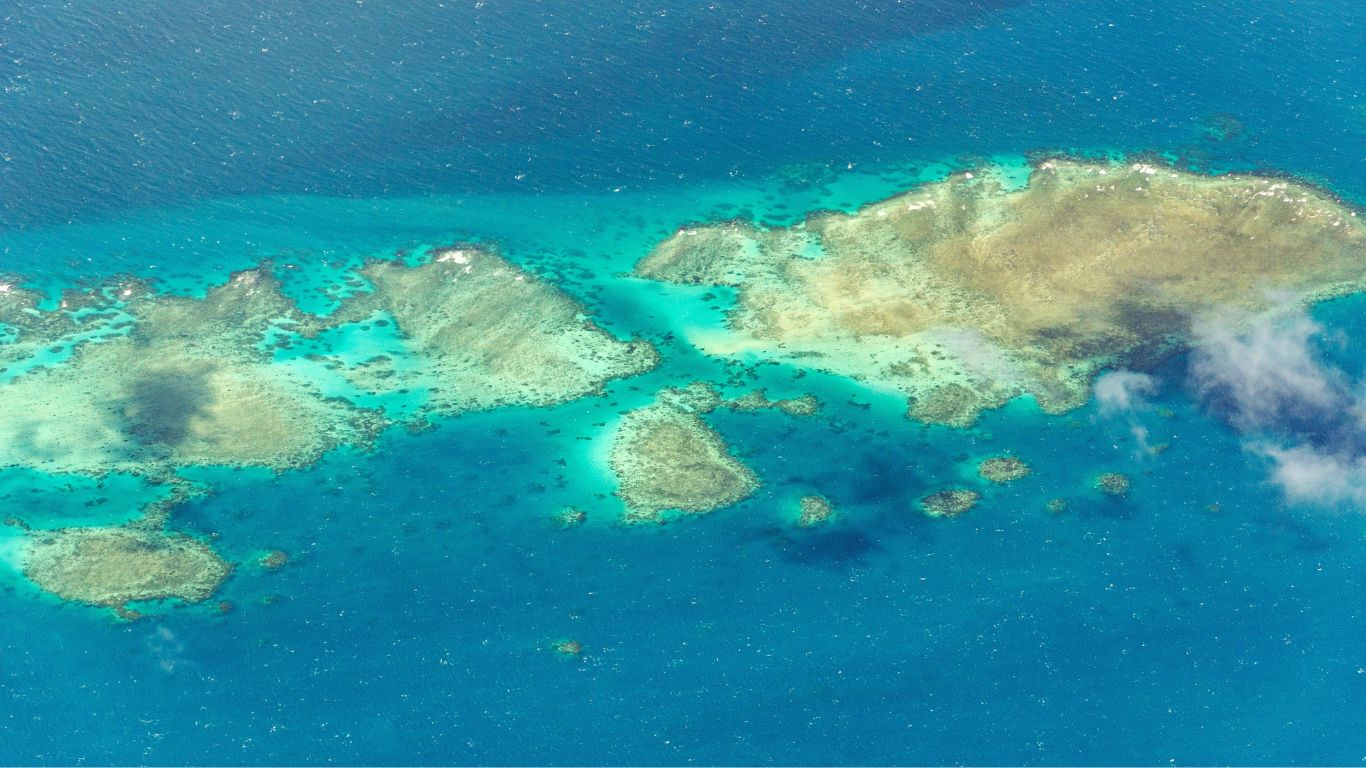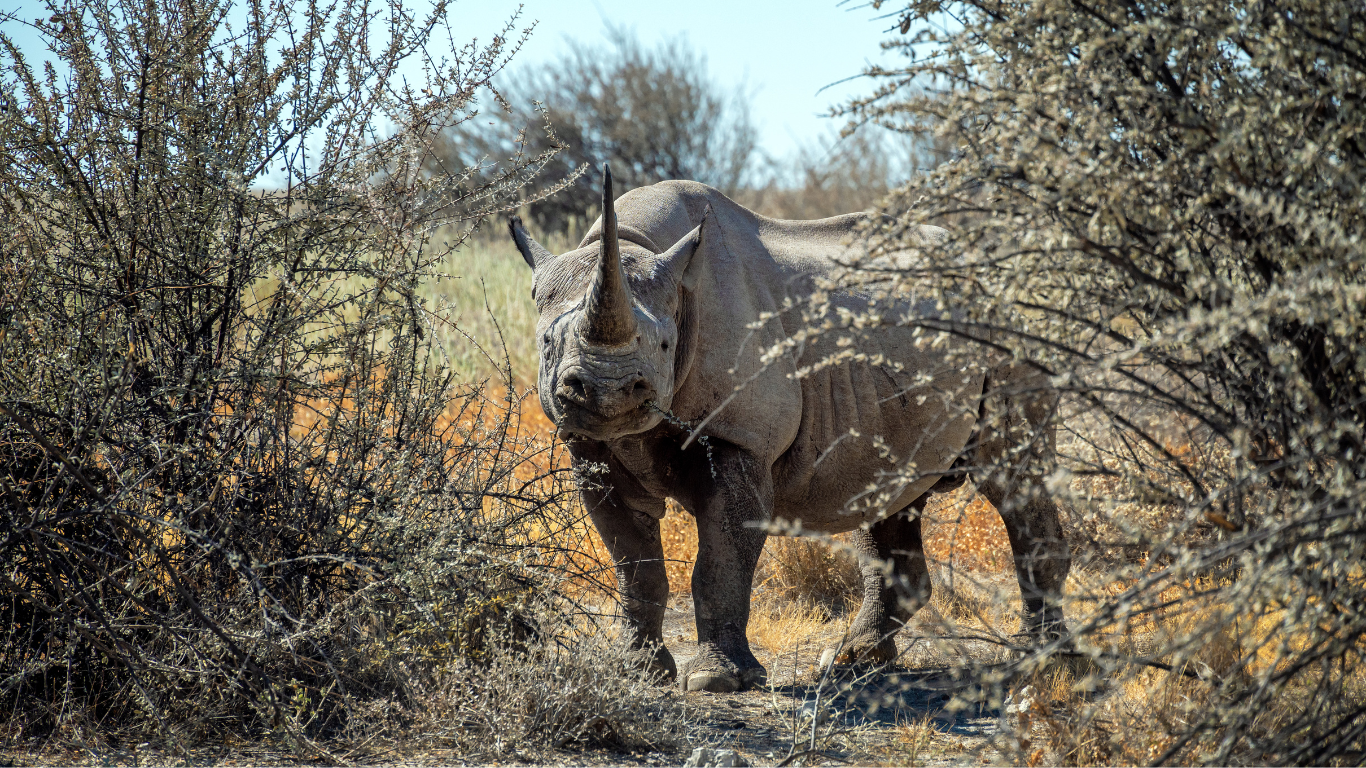Article written by Stuti Mishra
Originally published by The Independent, 08 July 2025
Last year’s bleaching was part of a global marine heatwave that hit tropical reefs across the planet
Almost all of the surveyed coral at Lizard Island on the Great Barrier Reef died after last year’s bleaching event, a new study found, revealing one of the highest coral mortality rates ever recorded anywhere in the world.
The 2024 bleaching was part of a global marine heatwave that hit tropical reefs across the planet. Even though Lizard Island did not experience the most extreme temperatures, the coral death rate was still “unprecedented”, researchers noted.
“These results highlight the fragility of coral ecosystems facing increasing stress from climate change, and the possible devastation resulting from the 2024 global bleaching event,” study lead author Dr Vincent Raoult of Griffith University explained.
The study team used drone surveys and in-water observations to monitor 20 reef sections at the island’s northern and southern ends. Bleaching had affected an average of 96 per cent of living coral.
By June, after peak heat stress, mortality had reached 92 per cent, with some areas seeing losses of more than 99 per cent.
“Our results are concerning for coral resilience considering the increasing frequency and intensity of extreme heat events predicted for the near future, with potentially irreversible consequences for reef ecosystems,” Prof Jane Williamson from Macquarie University, the study’s senior author, said.
The researchers used high-resolution imagery from drones to track the same reef areas before and after the bleaching, giving them precise visual data on coral loss.
“Using drone-derived imagery, we followed the amount of bleached and living coral during and after the bleaching event,” Prof Williamson said.
“Use of this technology lets us upscale the effects of the bleaching event over larger areas but still at high precision.”
Unusually, the study found no significant difference in mortality between the northern and southern reef sections. “We often expect environmental differences between sites to influence bleaching outcomes, but in this case, the damage was widespread and severe across all surveyed areas,” Dr Raoult said.
In some reef patches, less than 1 per cent of coral remained alive, indicating that even moderate heat stress could lead to catastrophic outcomes for ecosystems already weakened by repeated events.
Bleaching is a phenomenon where corals lose their vibrant colours and turn white, normally due to changes in temperature. Coral reefs are among the most diverse ecosystems on the planet, providing habitat and food for an array of marine species. Scientists say the 2024 event pushed an already vulnerable ecosystem over the edge.
According to Animal Survival International (ASI) researcher, Savannah Anderson, coral bleaching leaves corals highly vulnerable to disease, mortality and even more sensitive to environmental changes.
“This is a problem because corals provide habitat, shelter, nursing grounds and food for a huge diversity of marine organisms. Corals are "habitat creating organisms" or "ecosystem engineers" as their colonies develop physical habitat for numerous other species. Coral bleaching often results in coral death which ultimately causes “dead reefs” and the loss of important species.”
Lizard Island has suffered repeated ecological shocks in recent years, including severe bleaching in 2016 and 2017, cyclones, and outbreaks of coral-eating Crown-of-Thorns starfish.
Despite experiencing a heat stress level of 6C-weeks, lower than some other parts of the reef, coral mortality at Lizard Island exceeded historical records.
There was no major difference between the northern and southern sites, but the cumulative impacts of climate-linked events appeared to have compounded damage to the reef.
The researchers continue to monitor the Lizard Island corals, hoping to assess whether any recovery happens by 2026.






